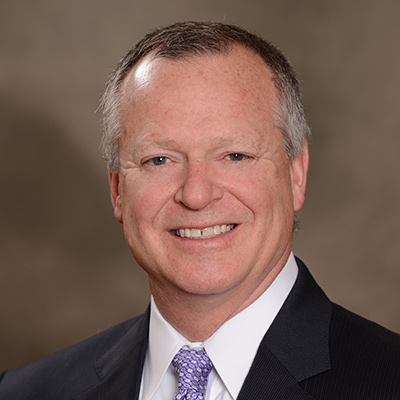Reframing health as an investment: What we stand to gain

Imagine how the world would be different if health were viewed as an investment, not an expenditure. That’s a message I took away from the virtual H20 Summit, an international event offered on Sept. 1-2, 2021, in which I participated as a panelist.
What could our nation gain by reframing how we think about the total cost of health? Consider the impact of chronic conditions on the U.S. economy. Six out of every seven dollars spent on healthcare are related to chronic conditions and their complications. According to the Partnership to Fight Chronic Disease, that translates to an average of $2 trillion per year between now and 2030.1 On top of that, an extra $794 billion in employee productivity is lost annually. Those estimates don’t factor in costs related to the COVID-19 pandemic. (It has become common knowledge that chronic conditions increase the risk of hospitalization and death from the virus.) Nor do they account for the impact of chronic conditions on quality of life.
Imagine how lives could be improved if spending on treatment of chronic conditions were redirected upstream to social determinants of health (SDoH), such as improving security of all kinds (e.g., food, employment, domestic relationships, neighborhood) and other environmental and behavioral factors. SDoH are strongly linked to the development of chronic conditions, yet they account for a disproportionately small percentage of national health expenditures. The virtuous cycle that could be set in motion by spending smarter is a powerful one.
I wrote about SDoH after HFMA’s 2019 Thought Leadership Retreat. A key takeaway from that conference was that SDoH cannot be effectively addressed by just one healthcare stakeholder alone.
Two years later, that finding is still relevant. The question remains: Whose responsibility is it?
Perhaps it is ours. Collaboration is even more important now because critical conversations lie ahead. Given that the transition to value-based payment is moving slowly, the time is ripe for a candid discussion of the financial ROI that accrues — or does not accrue — to provider organizations that invest in addressing SDoH. In healthcare, we should be able to do well (or at least well enough) by doing good. Yet, as I told the H20 Summit audience, leaders who seek to pursue SDoH initiatives for the good of their communities often see their ideas wither on the vine because it’s difficult to get an ROI under the fee-for-service payment system. I will be clear: The ROI is there, but difficult to achieve.
This year, the transformation to cost-effective health was the theme of HFMA’s 14th Annual Thought Leadership Retreat. The agenda included an update on federal policy strategy and goals for value-based care under the Biden administration. And there were lively and thought-provoking conversations on various aspects of the cost effectiveness of health. A balanced conversation about reframing health and healthcare can be a powerful force for change.
At HFMA, we will keep convening thought leaders, policymakers, providers and other stakeholders until solutions are found.





